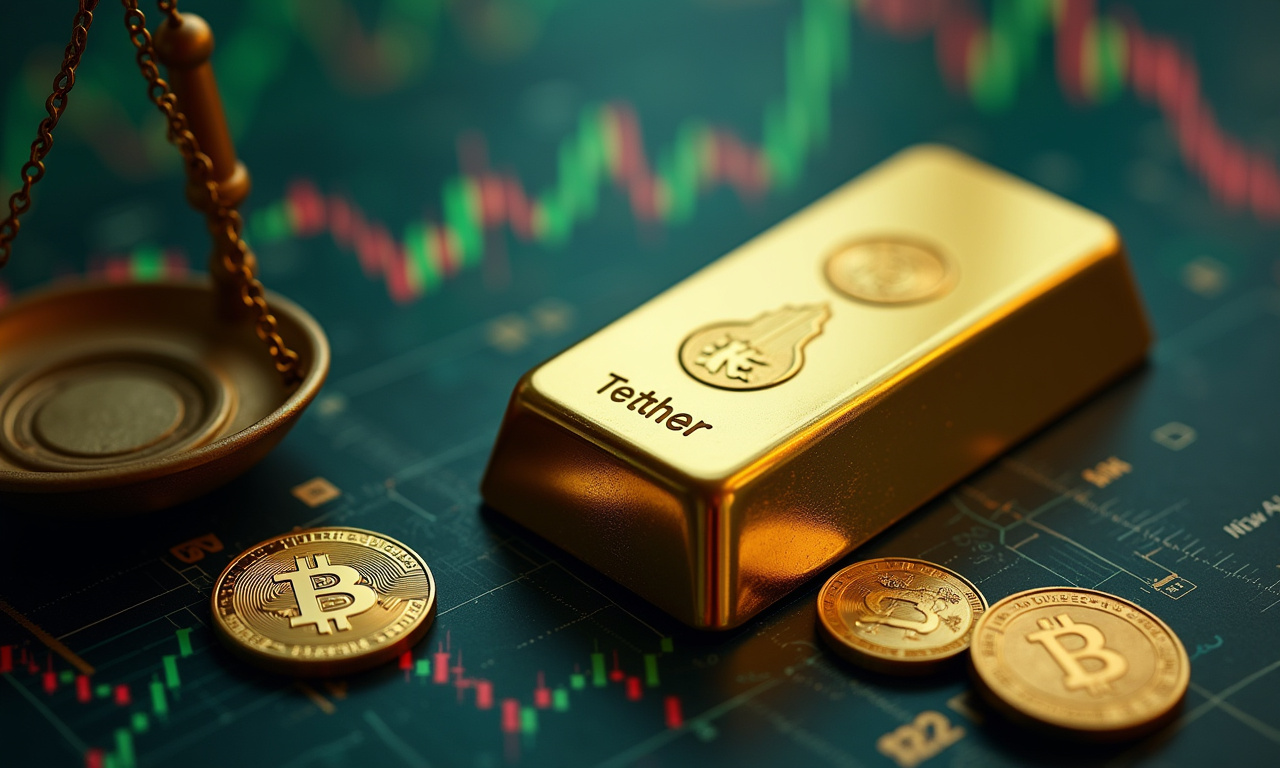Middle East Crypto Crash: Fear Grips Market, But Is It Justified?

Okay, let's talk frankly. Crypto market responding to Middle East conflict like a 3-year-old who just accidentally dropped their ice cream. Is it messy? Yes. Is it the end of the world? Absolutely not. Now we’re watching headlines yell about a “crypto crash” caused by rising geopolitical concerns. But before you dump all your stocks and join the doomsday preppers, let’s break down what’s actually happening here.
Geopolitics: A Convenient Excuse?
It would be simple to point the finger at the Middle East for the decline. Israel’s reckless turns of late have gone a long way to injecting a new level of uncertainty into global markets. If we are being frank, crypto volatility was bad long before this week’s news came about. The CMC Crypto Fear and Greed Index moved from “greed” to “neutral.” This shift is indicative of the profound jitteriness that characterizes these markets, well beyond the case of Iran. Think about it: How many times have we seen similar dips attributed to Elon Musk's tweets, regulatory rumblings, or just plain old profit-taking?
Here's the unexpected connection: Crypto's reaction to geopolitical events is like a highly sensitive seismograph. It heightens political fears, making small movements seem like the earth is shaking. As investors, we are all prey to the availability heuristic. Instead, we allow recent, sensationalized, emotionally driven events such as war to color our perception and affect our analysis around longer-term trends. Keep in mind that Bitcoin is still up nearly 13% year-to-date. Context matters.
Herd Mentality: The Real Virus
The greatest danger to your investments isn’t missiles, it’s cognitive errors. The market’s knee-jerk reaction is the classic case of herd behavior, the first of these seven deadly sins. Everyone panics, freaks out and sells at lower prices, cascading the decline. It's a self-fulfilling prophecy fueled by fear.
Look at the trading volume: a 24% surge! People aren't calmly re-evaluating their positions; they're panicking. And that panic is contagious. We’re hardwired to imitate the behavior of those around us, particularly when we don’t know what to do. It's a survival mechanism, but in the crypto market, it's often a recipe for disaster.
Consider this: While Bitcoin dipped, its market share actually increased. Some altcoins certainly took a beating, true (RIP Fartcoin, I suppose?), but Bitcoin barely moved its ethereal butt. The smart money isn’t so much running for the exits as it is consolidating into the places perceived to be the safest within the crypto space. The herd is stampeding, but the savvy are merely shuffling their feet.
Is This a Buying Opportunity?
Now, I'm not offering financial advice. Do your own research. From a psychological perspective, times of high fear tend to create great opportunities. That loss aversion bias really comes at us. The loss aversion effect means we feel the pain of having lost much more than we would feel pleasure from a similar win. Discipline goes out the window, which can cause you to sell low and buy high—the complete reversal of the right approach!
Think about this: Every major market correction in history has been followed by a recovery. This isn't different. The bottom line Stay in control, don’t act on impulses, and remember to think about the long-term prospects for your investments.
The state of the market is always a reflection of the types of people that are playing in it. When people panic, the market follows. Be careful not to let the fear of the moment harden your thinking. Be cynical, be critical, and be courageous enough to swim upstream.
- Take a deep breath: Seriously, step away from the charts for a few hours.
- Review your portfolio: Assess your risk tolerance and ensure your investments align with your long-term goals.
- Consider dollar-cost averaging: Instead of trying to time the market, invest a fixed amount at regular intervals.
The market is a reflection of the people participating. When people panic, the market follows. Don't let the fear of the moment cloud your judgment. Be skeptical, be informed, and be brave enough to go against the herd.

Ava Thompson
Blockchain Market Psychology Editor
Ava Thompson explores blockchain and market psychology through an evidence-based yet human-focused lens. She bridges strategic thinking with direct, nuanced communication, and her work features a balance of in-depth analysis and relatable storytelling. Outside the newsroom, Ava is an avid urban gardener and street art enthusiast.
Related News

Altcoin Apocalypse? Why Bitcoin's Dominance Surge Should Terrify You
Forget the Lambo dreams. Forget the moon shots. So in the current state of things if you are a big holder of altcoins, you should be scared to death. Bitcoin’s recent dominance surge isn’t just a momentary spike, it’s a flashing red warning light. This does not indicate positive fundamentals...

Tether Gold (XAUt) Risks You Can't Ignore, and How to Navigate Them
XAUt, Tether’s gold-backed token, offers the glitter of gold with the convenience of crypto. Sounds great, right? Maybe. In the information age, the hunt for treasure has changed entirely. We no longer protect our treasures with maps and shovels, but rather blockchains and private keys. Before you begin this tech-driven...

Tether Gold (XAUt) is the Future of Gold Investment, Here's Why
Traditional gold is dead. Well, not dead perhaps, but definitely of on life support. Think about it: you're either lugging around heavy bars in a vault (and paying someone to guard them), or trusting some ETF to actually have the gold they say they do. That's your 'store of value'?...